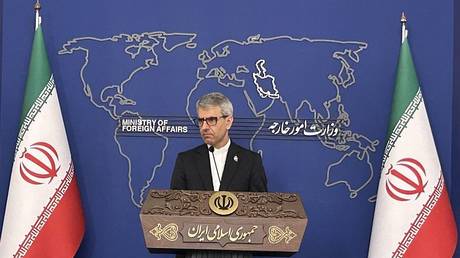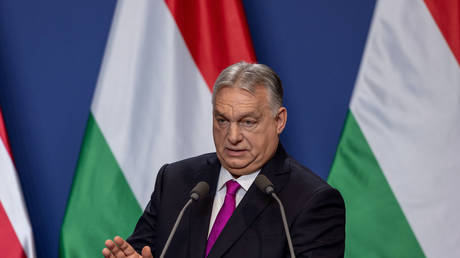
The late fashion icon was the kind of radical we desperately need – one that can’t be replaced in these times of cancel culture
The sad news came through last week of the passing of Dame Vivienne Westwood. Tributes poured in over the media, acknowledging her enormous achievements as a fashion designer, a cultural icon, and a recognised establishment figure through accepting a DBE and her title ‘Dame’ – however, that is not the Vivienne Westwood I knew.
I have been part of a group that was set up almost ten years ago by Vivienne and a group of activists that were diverse in our political views on things from climate change, to free speech, to, in Vivienne’s own words, ‘the rotten financial system’ and saving the NHS. We called the group ‘Intellectuals Unite’ or IOU. Our collective aim was to challenge the propaganda spread through our media, and in our culture industries, and by our politicians. Everyone who challenged the system we understood as an ‘intellectual.’ We wanted the populace to question those in power and to reject their word as ‘truth.’ Our small group met every few months and we argued and debated about a great many things, but we all agreed that we were committed to ‘critical thinking’ through uncomfortable debate and argument.
Over the last ten years Vivienne’s voice was radical and dangerous to some. She was an ardent supporter of Julian Assange, who is currently being held in Belmarsh prison awaiting possible extradition to the United States, where he is accused of leaking sensitive documents about US military intelligence. She visited Julian Assange many times in his captivity.
Vivienne was not afraid of power and often aimed her wrath and her voice at the very top, including Prime Ministers David Cameron, Theresa May and Tony Blair. She was critical of both Hillary Clinton and Donald Trump, as she was of the whole political class – she was non-partisan and believed that all politicians lied for their own gain. She even gave me a badge that said ‘Politicians R Criminals,’ knowing me to be in full agreement with her on that point. I have been at many demonstrations with Vivienne Westwood.
Over the years her voice against capitalism, censorship, and the ruthless exploitation of the planet became fiercer and louder, and when she clearly told the mainstream media that she wanted to talk about her activism and not fashion, they stopped coming and stopped reporting. She came to hate the mainstream media and call it “the mob.” However, she kept appearing on RT, in particular on Afshin Rattansi’s ‘Going Underground,’ particularly around the campaign for the release of Julian Assange.
In 2016 I was working as a research fellow at the London School of Economics and I organised the three-day-long ‘Resist Festival’ to bring together people from education, the arts and the culture industries to debate and form a link between politically minded dissidents. Vivienne Westwood and her family and friends supported the festival. She gave two speeches about ‘the rotten financial system’ and did not mince her words when talking about austerity and poverty suffered by the poorest for the gain of the corrupt rich at the top. ‘Going Underground’ was the only media outlet which reported on her speech.
We didn’t agree on everything. Vivienne was a patriot of the UK, she had fondness and respect for the Royal Family and at the same time hated the system of Westminster. We had many debates and arguments about the Royal Family and the class system – but both of us respected one another’s views. Her contradictions around politics were always worth thinking through – she was a wealthy and successful businesswoman but also a committed anti-capitalist. One of the last two meetings we had just before the pandemic hit was a reading of ‘The Adventures of Pinnochio,’ a children’s book by Carlos Callodi, as an anti-capitalist text and then a reading of ‘Animal Farm’ By George Orwell, a writer and thinker we both shared a passion for. We were hoping to organise an event in 2022 in Tooting Market with George Orwell’s son taking political literature into a working class cultural space. Her aim was to get as many books out as she could so people could read and think for themselves, but the pandemic eventually halted that project.
Vivienne came from a small village in Derbyshire and was born just before the end of the Second World War. Her achievements are astounding for a working-class woman of her generation. She did things and said things her own way and always did it herself. She changed how the British people saw themselves through her own contradictions in fashion, style and presentation. She allowed that very British eccentricity to be released into the public and the British public responded by mirroring back to her how they saw themselves.
We have lost an important and controversial British woman. But more importantly, we are at risk of losing politics, culture, and arts that are angry, contradictory, radical, and loud, that can merge and morph into genuine expressions of radicalism and can push at the boundaries of capitalism, and force diverse views into the arena. Culture wars, cancel culture, blacklisting and shadow censorship of our contemporary times means it is unlikely we will see another woman emerge from the ranks who will burn as bright as Vivienne Westwood.




